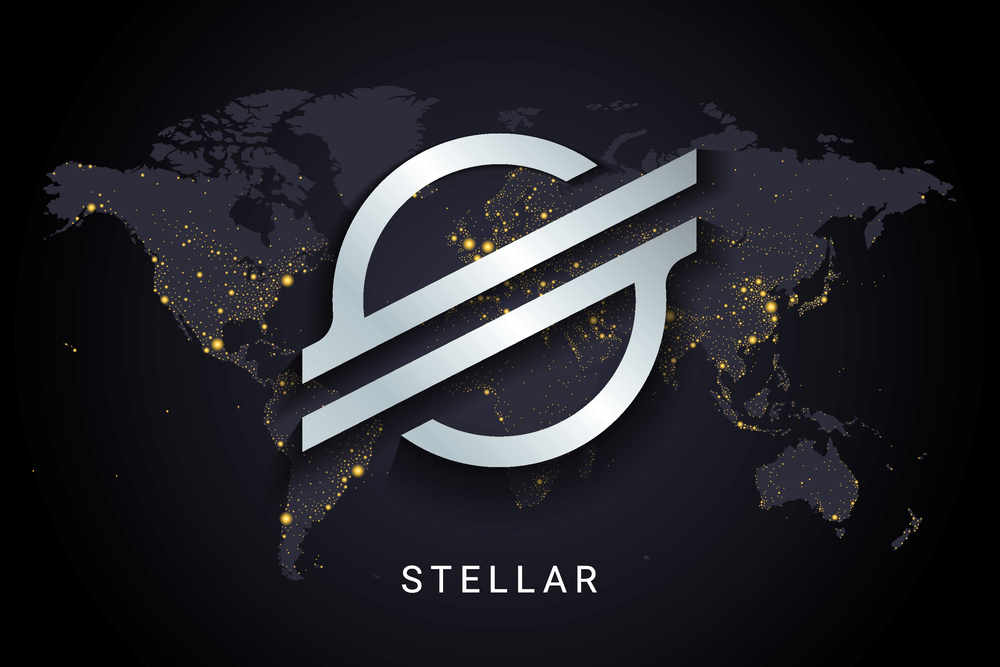ARTICLE AD BOX

- An Australian couple sold a 582m² property in Ballarat in one hour, using Bitcoin with no intermediaries.
- Bitcoin enables global property transactions, bypassing traditional fees, lengthy paperwork, and geographical restrictions.
Using Bitcoin (BTC), an Australian couple sold a 582m² plot of land in Ballarat in just one hour, therefore creating property history.
The deal happened straight between the seller and the buyer without engaging banks, real estate brokers or fiat. This helped the couple to minimize the fees usually paid by traditional intermediaries, reduce the documentation time needed, and avoid the bureaucratic red tape sometimes time-consuming in traditional property transfers.
In the worldwide property industry, the transaction is definitely a new trend where cryptocurrencies like Bitcoin are beginning to be rather important and should be taken into account as alternative. Paying using Bitcoin lets sellers reach global consumers free from territorial restrictions, so generating a larger market possibility.
Furthermore appealing to sellers, who see chances for more gains from the rising value of the digital asset, is the volatility of Bitcoin prices.
AUSSIE COUPLE SELLS LAND FOR PURE BTC — NO FIAT, NO MIDDLEMEN
582m² land in Ballarat sold in an hour, no banks, no agents—straight up Bitcoin; sellers saved on fees, skipped paperwork, and dodged real estate red tape.
Not the first: Miami saw a $22M BTC penthouse deal in 2021;… pic.twitter.com/nDvp0S7YfD
— Mario Nawfal’s Roundtable (@RoundtableSpace) January 21, 2025
Tokenization Transforms Global Property Investment Landscape
Still, this inventiveness is not restricted to Australia. Property assets are becoming tokenized in Spain. Using Distributed Ledger Technology (DLT), the process of property investment now lets more players with less money involved.
Tokenization also improves record of property ownership efficiency and openness. Still, the market deals with issues including tenant management and token liquidity.
Conversely, the United States is likewise witnessing comparable changes as property tokenization is being embraced more and more. Blockchain-based systems allowing investors to own a small portion of a property at minimal cost are beginning to be used by them.
Particularly for individuals who formerly could not afford to buy a house outright, this method not only streamlines the transaction procedure but also offers a more inclusive investing possibility.
Balancing Blockchain Benefits and Risks in Real Estate
Still, the use of blockchain in real estate transactions carries some risks as well. Particularly during the transaction settlement process, the inherent price volatility of cryptocurrency can be somewhat discouraging.
Many times, especially if the crypto value swings significantly during the negotiating process, the change in the value of crypto can influence the offer. Therefore, several professionals advise that before choosing to pay for property transactions mostly using crypto, one should take these risks into account.
Furthermore suggested for handling property deeds in a recent paper is an Ethereum blockchain-based system. Without a third party, this system is meant to increase transaction security, efficiency, and openness.
Such technologies not only accelerates the process but also offers answers to some of the primary issues usually encountered in conventional real estate transactions.
Tokenization Paves the Way for Inclusive Property Investment in Europe
Another development is the tokenization of real estate assets creating new European investment prospects. According to a research, blockchain-based tokenization lets investors from many backgrounds have simpler access to the property market.
On the other hand, CNF previously reported that OpenBrick’s collaboration with Hedera helps blockchain technology to be included into real estate, so enhancing access, liquidity, and compliance for both institutional and retail investors.
Hedera has positioned OpenBrick as leader in Europe’s shift to tokenized property investment with multichain compatibility and regulatory compliance.
.png)
 3 hours ago
1
3 hours ago
1








 English (US)
English (US)